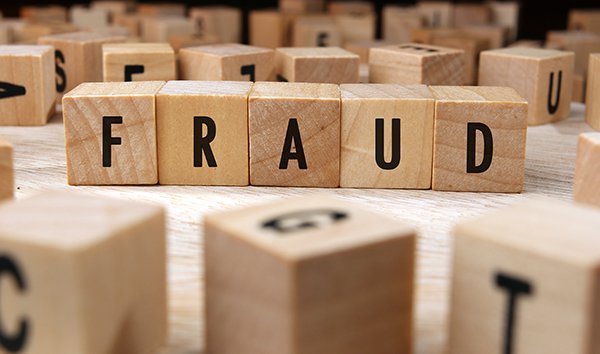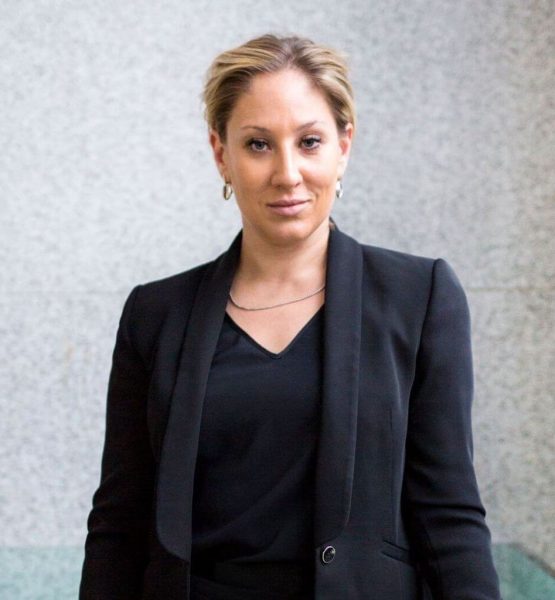Adept Defence Lawyer for Court Order Breaches
At every point of the proceedings, an accused may be subject to a different court order. The first, and mandatory, court order is one that ensures that an accused attends court as required; such a court order is known as a form of release. An accused can be released from the police station on a Promise to Appear (Form 10) or an undertaking given to an officer under ss. 498–499 of the Criminal Code. In circumstances where an accused is not released from the police station, they will be taken before a justice to decide if a person should be released on bail under s. 515 of the Criminal Code.
In addition to directing a person to appear in court on a specific date, release orders may include other conditions. The main purpose of any release order is to ensure that the person attends court, does not interfere with the administration of justice, and does not commit any further, similar, or any other types of offences while awaiting trial.
If a person is found guilty of a criminal offence, the court can impose a probation order. The main purpose of any probation order is to ensure that the accused is rehabilitated and does not commit further offences in the future. A probation order is limited to 3 years.
Upon conviction, a court can also impose a Conditional Sentence Order for a period of time not exceeding 2 years. A CSO is a custodial sentence that a person is allowed to serve in the community. That means that as long as an accused does not breach the parameters of the order, they DO NOT have to go to jail but rather will be confined to their home with certain exceptions for a period imposed by the judge.
In the event the Crown withdraws the charges, and in some unique circumstances, even where a person is acquitted after a trial, a judge can order that a person enter into a Peace Bond, either under common law or pursuant to s. 810 of the Criminal Code. Peace bonds are most commonly imposed in situations where two people need to stay away from one another to prevent any potential violence or threats thereof.
There are other ancillary orders that can be imposed. Those are very specific to each charge and can be discussed in detail during a consultation.
FAQ
Am I breaching my no contact condition if the complainant contacts me and I respond?
Yes. If you are on a condition that says “do not contact or communicate directly or indirectly with” the complainant in your case, you are not permitted to be in contact with that person under any circumstance except in accordance with any exceptions specified in the order. It does not matter who initiates the contact—once you are placed on conditions by the court, it is your responsibility to follow them.
What happens if I accidentally breach a condition of my probation or release order?
If you accidentally breach a condition of your probation or release order, you may be charged with Failing to Comply with the order. To be convicted at trial, however, the Crown would need to show not only that you breached the condition, but that you did so intentionally. If the trial judge believes that the breach was truly accidental, you will be found not guilty.
What happens if I breach my CSO?
A conditional sentence order (CSO) is a jail sentence that a judge orders to be served in the community. If you are alleged to have breached a CSO, you will have a breach hearing. The hearing is typically before the same judge who imposed the CSO. At the breach hearing, the Crown does need to prove the alleged breach beyond a reasonable doubt. The Crown must only demonstrate that it is more likely than not that you breached the terms of your CSO without a reasonable excuse. If the Crown succeeds, the presiding Judge can:
- Do nothing
- Change the conditions of your CSO
- Order you to spend a portion of the remaining time in custody and order the CSO to resume upon your release, either on the same conditions or on modified conditions
- Terminate the CSO and order you to spend the remaining time in custody
Don’t delay – contact an experienced criminal defence lawyer with decades of experience to have the best chance of winning your case.
call us 24/7
Legal Practice Areas
Toronto’s Defence Lawyer for Criminal Code Offences
Our Criminal Defence Lawyers
Don't Let A Criminal Charge Destroy Your Life
Our service area
Get 1 Hour Consultation!
Register with us to schedule a free consultation
What Clients Say About Us?






























